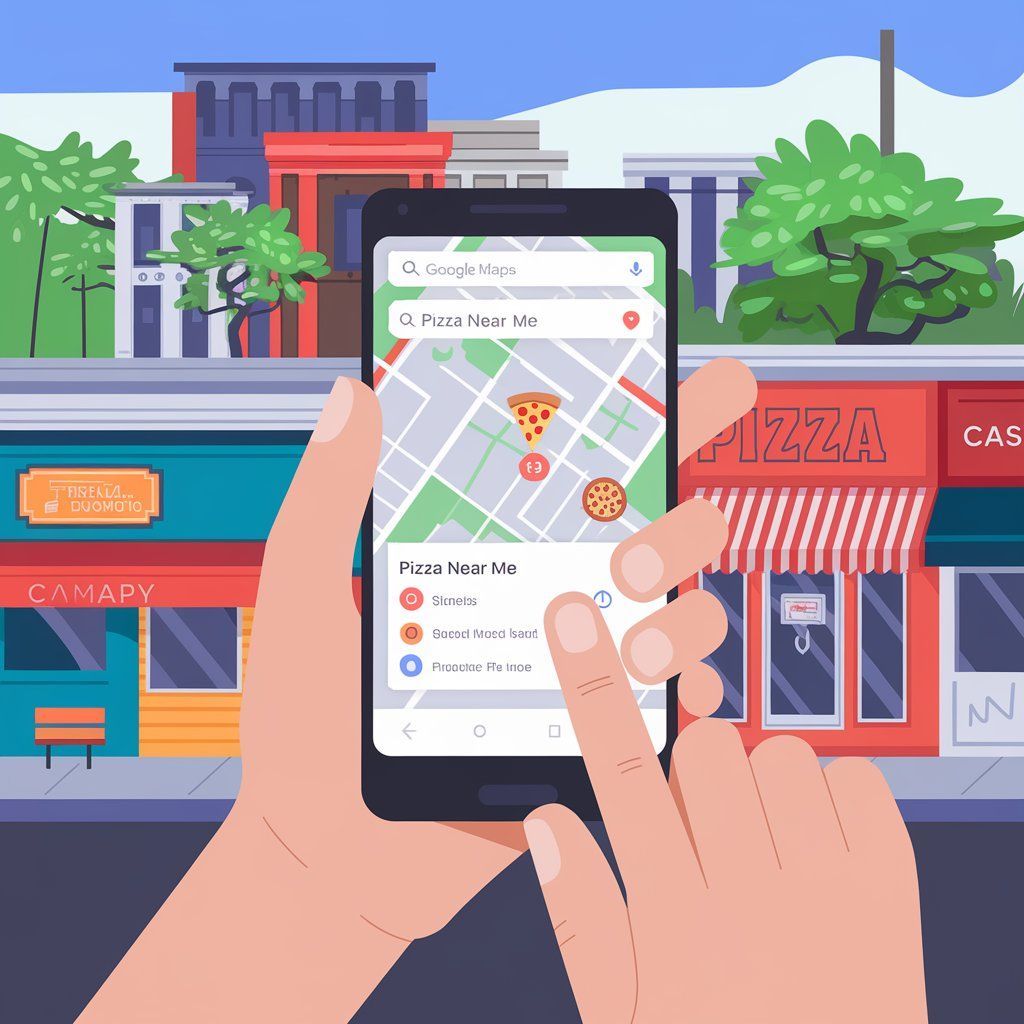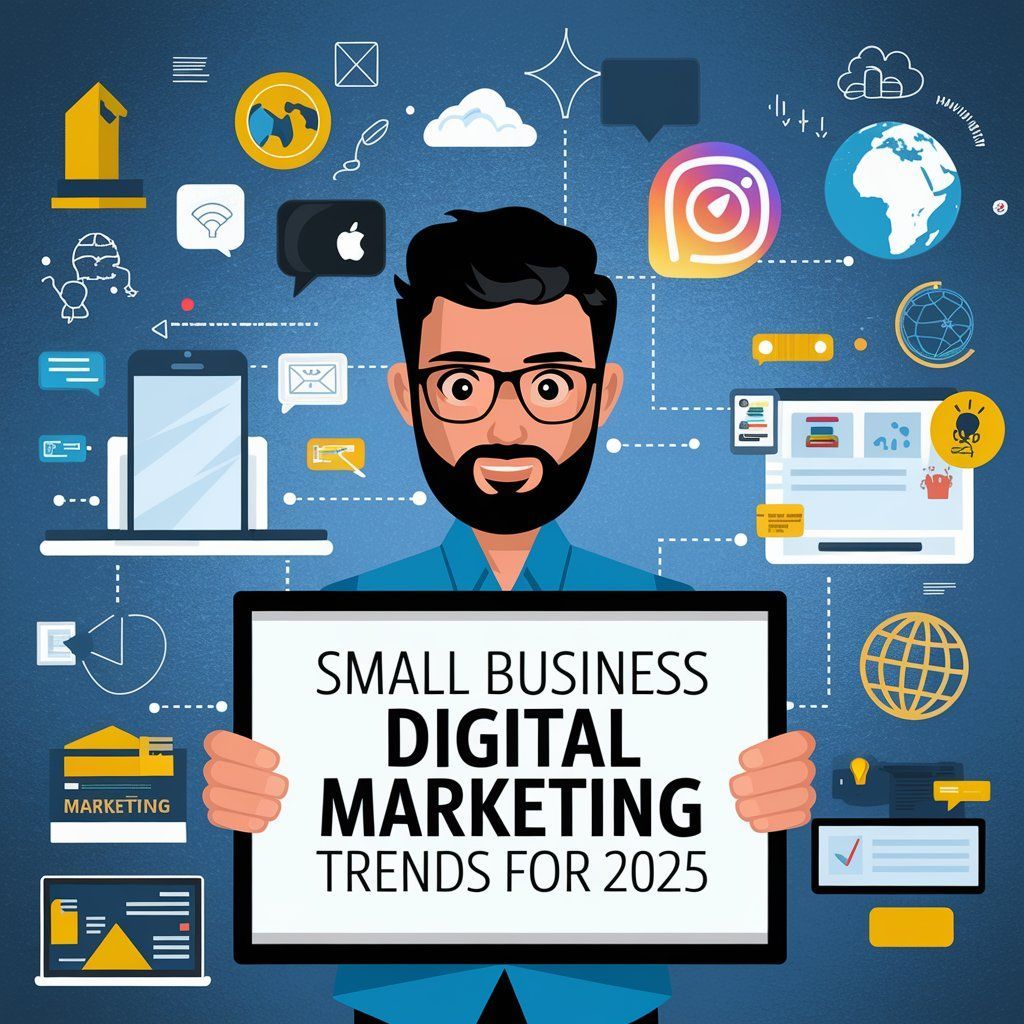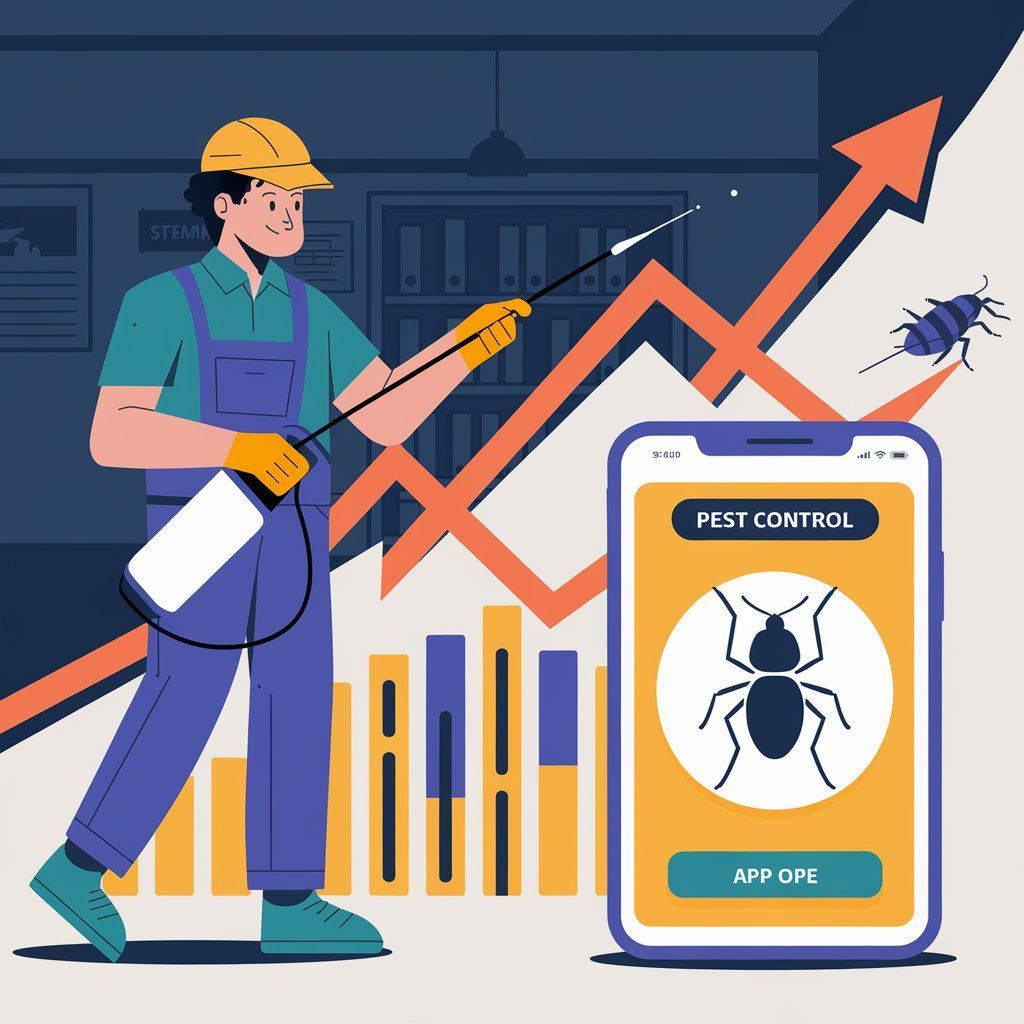Removing AI from Search Engines and Social Media: How to Regain Control of Your Digital Presence
Removing AI from Search Engines and Social Media: How to Regain Control of Your Digital Presence
As artificial intelligence (AI) continues to shape the online experience, many users are exploring ways to remove AI from searches on Google, Meta (Facebook), and other popular platforms. Whether for privacy, personalization, or transparency reasons, the idea of limiting AI’s influence over search results is gaining traction. In this guide, we’ll explore why you might want to reduce AI-driven search results and how you can take steps to make your online experience more organic and less algorithm-driven.
Why Would You Want to Remove AI from Searches?
AI enhances efficiency but often at the cost of transparency and personalization. Here are some common concerns:
1. Reduced Content Authenticity: AI algorithms prioritize certain types of content, potentially overshadowing unique, human-created content.
2. Privacy Concerns: Many AI-driven searches are based on personal data that users may not be aware is being collected.
3. Filter Bubbles: AI algorithms can create “filter bubbles” by showing only content that aligns with past behaviors, limiting exposure to diverse perspectives.
4. Data Monetization: Platforms monetize user data through targeted ads, often using AI to profile users’ preferences and habits.
Removing or reducing AI influence can offer a more balanced, transparent, and private online experience.
How AI Affects Search Results on Major Platforms
Each major platform has its own approach to incorporating AI into search results. Here’s how AI influences some of the most widely used search engines and social media platforms:
• Google: Google’s search algorithm, particularly RankBrain, relies heavily on AI to interpret user queries and determine relevant results. With ongoing updates, Google AI is increasingly aimed at understanding user intent, meaning results are tailored to perceived preferences, potentially limiting content diversity.
• Meta (Facebook): AI is central to Facebook’s News Feed algorithm, prioritizing posts that match users’ past interactions. This can narrow the scope of content users see and amplify only specific viewpoints or types of engagement.
• Instagram: Instagram’s Explore and Feed sections rely on AI to showcase content that aligns with users’ past interests. While effective in boosting engagement, this limits users’ exposure to a wider variety of posts.
• LinkedIn: AI impacts LinkedIn’s job search and news feed recommendations by prioritizing content and job listings based on users’ profiles and interactions, reducing exposure to diverse opportunities.
Steps to Reduce AI Influence in Search Results
While completely eliminating AI is challenging, there are ways to limit its role and regain some control over what you see. Here’s how you can reduce AI-driven search influences across several popular platforms:
1. Use Privacy-Focused Search Engines
Platforms like DuckDuckGo and Brave prioritize privacy and limit the use of AI to track and tailor search results. Unlike Google, these engines do not retain personal data or history, providing more neutral results.
• DuckDuckGo: Known for its privacy-centric approach, DuckDuckGo doesn’t track searches or collect personal data, reducing the influence of AI.
• Brave Search: Brave is a relatively new player that also focuses on privacy and less personalization, offering a more neutral search experience.
By choosing a privacy-focused search engine, you can minimize the impact of AI on your search experience, ensuring that results are less tailored to perceived user behavior.
2. Adjust Search Settings on Google
While Google is heavily AI-driven, certain settings allow users to control some aspects of personalization:
• Pause Web & App Activity: By pausing Google’s activity tracking, you can limit the personalization of your search results.
• Turn Off Ad Personalization: Google’s Ad Personalization feature enables AI-driven ads tailored to user behavior. Turning this off reduces AI influence in ads.
• Clear Search History Regularly: Regularly clearing your search history limits Google’s ability to learn and adjust search results based on your past searches.
Learn more about managing your Google search settings.
These adjustments won’t remove AI entirely, but they can minimize its impact on your search experience.
3. Use Meta’s Privacy Controls
On Meta platforms, including Facebook and Instagram, users can adjust privacy settings to reduce the effects of AI-driven content recommendations:
• Limit Data Sharing: Restricting the data you share with Meta reduces the effectiveness of AI in predicting your preferences.
• Unfollow Pages and People: Unfollowing or reducing engagement with highly active pages can impact the algorithm, making it less likely to predict and tailor content.
• Turn Off Targeted Ads: Facebook allows users to turn off ad personalization, which uses AI to display ads based on activity on and off the platform.
To limit AI on Meta, visit your account settings and explore the various privacy and ad controls.
Visit Facebook’s Privacy Center for more options.
4. Minimize Interaction-Based Suggestions on LinkedIn
LinkedIn’s AI algorithm is highly active, influencing content suggestions and job recommendations. To reduce AI influence on LinkedIn:
• Limit Engagement: Limiting engagement with posts and job suggestions can help avoid reinforcing certain types of recommendations.
• Adjust Privacy Settings: LinkedIn’s data and privacy settings allow users to limit the data LinkedIn collects, which can reduce the algorithm’s ability to personalize content.
• Turn Off Career Interests and Insights: Disabling these features limits AI’s ability to show specific job recommendations based on user history.
See LinkedIn’s guide to data privacy settings.
5. Use Browser Extensions to Limit AI Tracking
Browser extensions can also help reduce AI’s reach across platforms. Privacy-focused extensions include:
• Privacy Badger: Developed by the Electronic Frontier Foundation, this extension blocks trackers that influence AI algorithms.
• uBlock Origin: Known for blocking ads and trackers, uBlock Origin limits data collection, reducing AI-driven personalization.
• Ghostery: This tool helps block AI-based trackers and ads, reducing tailored content and ad recommendations.
Read more about Privacy Badger’s benefits from the EFF.
Advantages of Reducing AI in Search and Content Feeds
By limiting AI influence, you can enjoy several benefits:
1. Enhanced Privacy: Limiting AI minimizes the amount of personal data collected, reducing exposure to targeted ads and recommendations.
2. Unfiltered Content: Without AI curation, you’ll see a broader range of content, creating a more organic and diverse online experience.
3. More Control: You regain control over what you see, as content is less tailored based on past interactions, allowing you to explore new topics and perspectives.
4. Decreased Reliance on Algorithms: Reducing AI can help promote more authentic content engagement, as results and recommendations are based less on predictive algorithms.
The Future of AI in Search: What to Expect
As AI technologies continue to develop, the trend of personalization is likely to intensify. Platforms are investing in advanced AI models to provide even more precise predictions and tailored experiences. However, privacy concerns and demand for transparency are also on the rise, suggesting that platforms may eventually offer more options for users to control AI settings.
For businesses, adapting SEO and content strategies to an increasingly AI-driven landscape is essential. If you’re looking for expert guidance in navigating these changes, consider consulting with Pro Growe, where we specialize in SEO strategies designed for today’s digital landscape.
Explore Pro Growe’s SEO services to learn more about managing your online presence in an AI-driven world.
Final Thoughts on Removing AI from Searches
As AI becomes more embedded in search engines and social media, users seeking a more organic and private experience can take steps to reduce its influence. By using privacy-focused search engines, adjusting settings on popular platforms, and utilizing privacy tools, you can reduce AI’s role in your online experience.
Remember, while completely removing AI is challenging, every small step helps regain control over the content you see and interact with. For those interested in balancing effective online engagement with privacy, understanding how AI affects searches is essential for making informed decisions.










